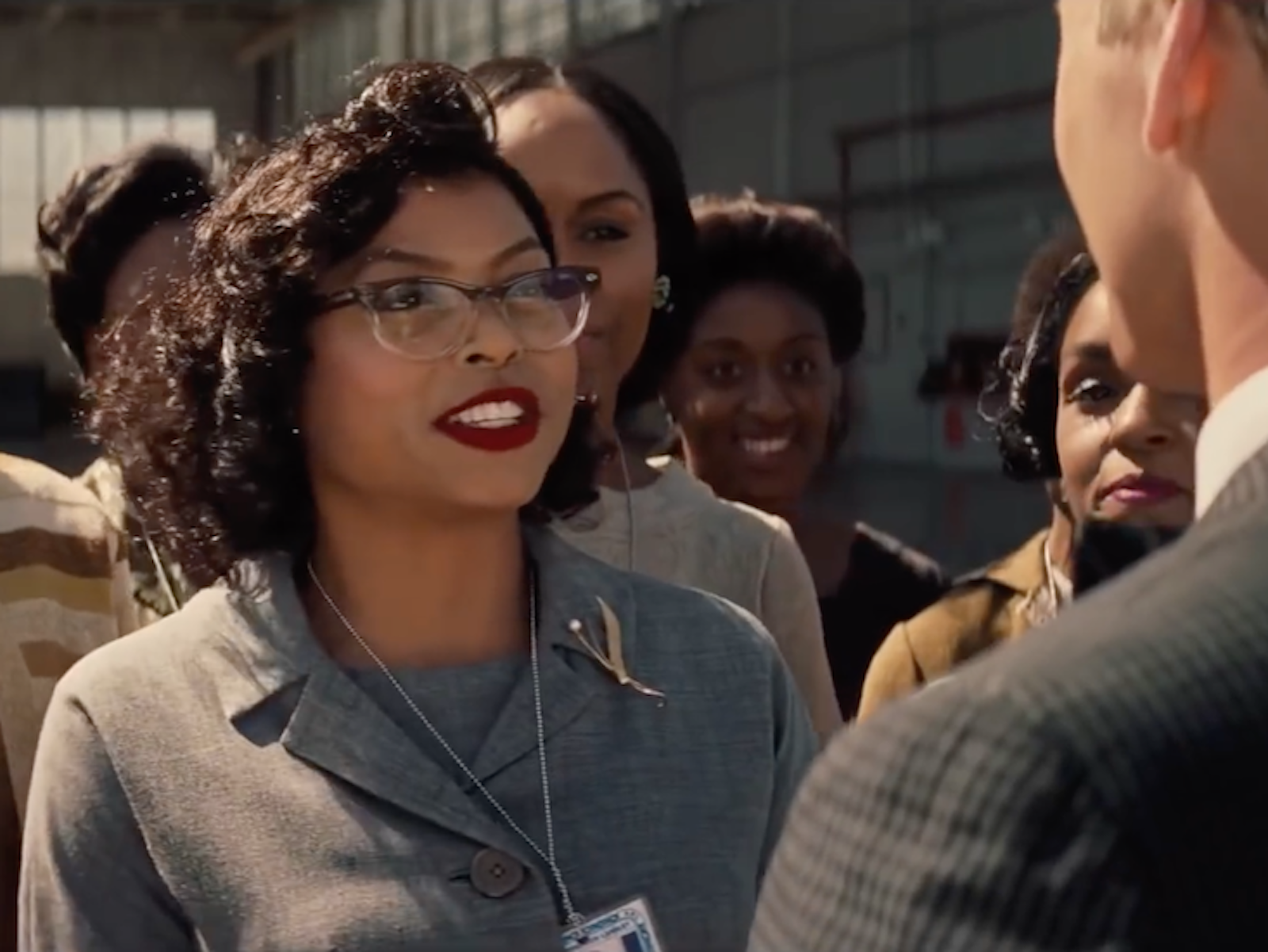In case you hadn’t noticed, science is enjoying a renaissance on screen. Not science fiction—that’s always been a silver screen staple—but actual scientists doing actual science. As Nautilus explained in December, in “How We Got from Doc Brown to Walter White,” the fictional scientist, in particular on TV, has evolved from the nutty genius to the trenchant chemist. The same trend is seen on the silver screen. The scientist is no longer the bespectacled sidekick who’d hack the enemy’s defenses or explain why the creature has grown to gargantuan proportions while the hero mows it down with a middy gun.
Scientists are now surviving debris strikes in orbit (Gravity), transforming our ideas of what constitutes a “disability” (The Theory of Everything), and surviving alone with limited resources on other planets (The Martian). There have always been movies that treated science and scientists both seriously and speculatively. Think back to The Andromeda Strain (1971), Contact (1997) and even a thrill ride like Jurassic Park (1993). But if you get the feeling you’ve been seeing more movies about science recently, you’re right.
Of the big screen releases in the United States domestic market, there were three films in 2010 containing strong themes of science or featuring “real” scientists, three in 2011, two in 2012, five in 2013, eight in 2014, and nine in 2015. Two of the nine Oscar nominations for Best Picture this year—Arrival and Hidden Figures—are steeped in science. Arrival called on a linguist, Jessica Coon, from Montreal’s McGill University, who specializes in obscure languages, to consult on the creation of a believable means of alien communication. And the box-office hit Hidden Figures puts a spotlight on African-American women mathematicians critical to early NASA spaceflights.
“Elon Musk is a real character, he could almost be fictional.”
The Science and Entertainment Exchange, a National Academy of Sciences program that connects scientists with writers, directs, and artists—which began in 2008—has seen the number of filmmakers seeking advice from science steadily increase. Ann Merchant, the organization’s deputy executive director for communications, told Nautilus’ Eva Amsen that all sorts of questions come in. “Someone would call and say, ‘I need to know how I would craft a bit of dialogue,’ or ‘I need to know, what would somebody wear in this lab?’” Exchange staff then search their database to find someone with the expertise to answer questions on anything from string theory to marine biology.
The Exchange represents a concrete push to get science out of the comic books. Crystal Dilworth, a molecular neuroscientist, science communicator, and dancer, notes how Natalie Portman’s character in Thor, Jane Foster, was a nurse in the comics but became an astrophysicist for the film. “In the last few years,” she says, “the emphasis put on STEM by the Obama administration was able to jump-start a lot of that work.” The Space Between Us, about an astronaut stationed on Mars, out this month, recruited technical advisors to help design the props and locations, and an astronaut started reading the script around the time Obama moved into the White House.
Alan Loeb, screenwriter of The Space Between Us, thinks we’re seeing more science on screens because we’re more exposed to it in day-to-day life. “There’s so much happening with technology so fast we’re dealing with more science than ever before,” he says. “We’re in a renaissance.”
“We don’t need the scientists to be bad guys anymore.”
“It started in the 1990s—this is a post-Jurassic Park phenomenon,” says David Kirby, science communication scholar at the University of Manchester and author of Lab Coats in Hollywood: Science, Scientists and Cinema. “The movie was successful because it had two types of realism: the amazing special effects, but also realistic science which includes scientist heroes.”
Roslynn Haynes, an adjunct associate professor at the School of English, Media and Performing Arts of the University of New South Wales, has studied how scientists are depicted in fiction. She says the renaissance stems from a larger historical shift. After the United States nuked Japan and the Cold War gave rise to frantic scientific weapons research, scientists were one-dimensional bad guys. But in this era of wealth inequality, climate change, and global jihad, “We don’t need the scientists to be bad guys anymore,” Haynes told Nautilus. “There are so many other bad guys now.” Before, scientists were shifty, part of the risk, now they’re seen as part of the solution.
That means today’s screenwriters, showrunners, producers, and directors have came of age in an era of better screen science everywhere from Marvel movies to CSI, so we’re now enjoying the fruits of artists who know how dramatic science can be. Currently National Geographic is filming a series about the formation of the theory of relativity starring Geoffrey Rush as Albert Einstein, and Marie Curie is getting her own biopic.
Loeb cites the cultural prominence of scientific figures like Elon Musk—who is, among other things, a self-taught rocket scientist—as a testament to science’s new star power. “I don’t know if we had them 30 years ago or 50 years ago. There was Neil Armstrong, but Elon Musk is a real character, he could almost be fictional. Maybe people are pointing to Musk or Richard Branson or Mark Zuckerberg and saying, ‘These people are incredibly interesting—we’ve got to get those archetypes on screen.’” Science is also getting its close-up with celebrity scientists like Neil De Grasse Tyson and the United Kingdom’s Brian Cox.
Matt Brown, who wrote and directed 2015’s The Man Who Knew Infinity, the true story of pioneering Indian mathematician Srinivasa Ramanujan, says the popularity of movies about scientists shows that the folks who greenlight movies are catching up to audiences. “There’s been an under-appreciation by Hollywood of the audience’s intelligence and willingness to enjoy a film about science,” he says. Finally, that has changed, proven by the success of films with scientists solving real problems. Clearly, facts matter.
Drew Turney is a movie and technology reporter based in Los Angeles. Follow him on Twitter @drewturney.
WATCH: Theoretical cosmologist Lawrence Krauss on what’s missing in the public perception of science.



























